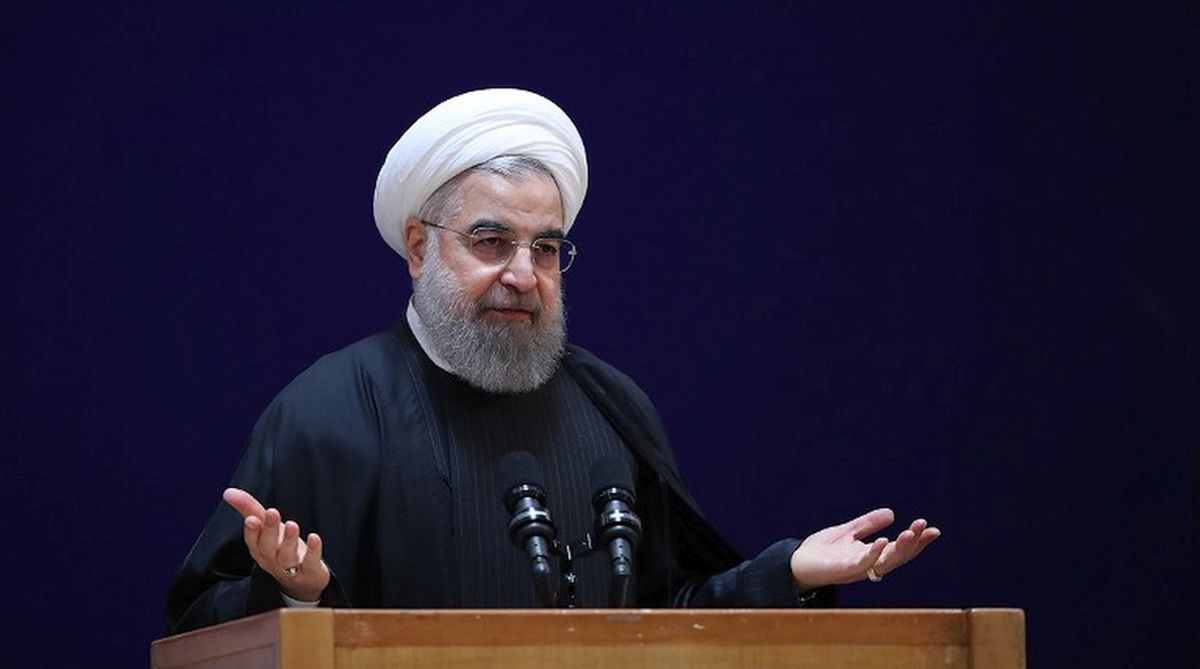The moderate Hassan Rouhani regime in Iran is unlikely to be brought to its knees with Monday’s renewed cache of US sanctions against Tehran. Sanctions per se can have a crippling effect on the “victim’s” economy, but can scarcely lead to a change of dispensation. Beyond the economic dislocation, the United States of America has effected yet another renewal, specifically its traditional role of global policing.
Going by the US Secretary of State, Mike Pompeo’s announcement, the sanctions are the most severe to have been imposed on Iran, and are aimed at forcing Tehran to stop what he called Iran’s “destabilising activities” in the Middle East. If this was an obvious allusion to events in Yemen, Lebanon, Syria and Iraq, then Saudi Arabia and Russia are no less culpable for the wars without end (Yemen and Syria). The sanctions have stopped short of cutting off Iranian oil exports entirely. And there is a collective sigh of relief in the concert of eight countries, notably India, that have been granted temporary waivers.
Advertisement
These include China, Italy, Greece, Japan, South Korea, Taiwan and Turkey. In parallel, there is a degree of confusion over the exclusion of this league of eight nations. While the White House claims that these countries had agreed to dramatically reduce oil imports from Iran, it is as yet unclear whether China, which buys about a third of Iran’s crude exports, has concluded such agreements. There is no word yet either from Tehran or Beijing.
Arguably, Donald Trump is loath to ruffle the feathers of Xi Jinping. The exclusion will not minimise the impact of what could turn out to be an international economic blitz. And it shall not be easy to concur with Mr Pompeo’s assurance that US sanctions will not hurt the Iranian people. Sanctions are known to affect hoi-polloi more than it does the incumbent regime.
The fact that the latest sanctions are linked to Iran’s nuclear programme becomes clear from the fact that the curbs will also cover the country’s atomic energy organisation, albeit with three exceptions relating to non-proliferation projects. Specifically, the Bushehr nuclear power plant, which Russia helped Iran build; the site of a former heavy water reactor at Arak; and a former underground uranium enrichment plant at Fordow.
The sanctions on the atomic energy entity reaffirm that these are actually linked primarily to Iran’s nuclear programme; Tehran’s policy towards the Arab world is relatively secondary in the overall construct. The threat of a crumbling economy is dangerously real. The sanctions will particularly hurt Iran’s oil industry, a crucial source of revenue for its stuttering economy.











